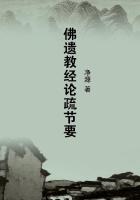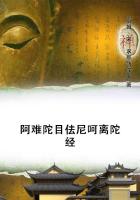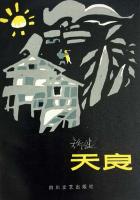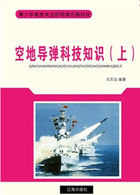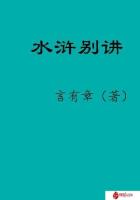allotment which he received at the time of the Emancipation. Taken together, these form a heavy burden, but for ten or twelve years the emancipated peasantry bore it patiently, without falling very deeply into arrears. Then began to appear symptoms of distress, especially in the provinces with a poor soil, and in 1872 the Government appointed a Commission of Inquiry, in which I had the privilege of taking part unofficially. The inquiry showed that something ought to be done, but at that moment the Government was so busy with administrative reforms and with trying to develop industry and commerce that it had little time to devote to studying and improving the economic position of the silent, long-suffering muzhik. It was not till nearly ten years later, when the Government began to feel the pinch of the ever-increasing arrears, that it recognised the necessity of relieving the rural population.
For this purpose it abolished the salt-tax and the poll-tax and repeatedly lessened the burden of the redemption-payments. At a later period (1899) it afforded further relief by an important reform in the mode of collecting the direct taxes. From the police, who often ruined peasant householders by applying distraint indiscriminately, the collection of taxes was transferred to special authorities who took into consideration the temporary pecuniary embarrassments of the tax-payers. Another benefit conferred on the peasantry by this reform is that an individual member of the Commune is no longer responsible for the fiscal obligations of the Commune as a whole.
Since these alleviations have been granted the annual total demanded from the peasantry for direct taxation and land-redemption payments is 173 million roubles, and the average annual sum to be paid by each peasant household varies, according to the locality, from 11 1/2 to 20 roubles (21s. 6d. to 40s.). In addition to this annuity there is a heavy burden of accumulated arrears, especially in the central and eastern provinces, which amounted in 1899 to 143
millions. Of the indirect taxes I can say nothing definite, because it is impossible to calculate, even approximately, the share of them which falls on the rural population, but they must not be left out of account. During the ten years of M. Witte's term of office the revenue of the Imperial Treasury was nearly doubled, and though the increase was due partly to improvements in the financial administration, we can hardly believe that the peasantry did not in some measure contribute to it. In any case, it is very difficult, if not impossible, for them, under actual conditions, to improve their economic position. On that point all Russian economists are agreed. One of the most competent and sober-minded of them, M. Schwanebach, calculates that the head of a peasant household, after deducting the grain required to feed his family, has to pay into the Imperial Treasury, according to the district in which he resides, from 25 to 100 per cent, of his agricultural revenue. If that ingenious calculation is even approximately correct, we must conclude that further financial reforms are urgently required, especially in those provinces where the population live exclusively by agriculture.
Heavy as the burden of taxation undoubtedly is, it might perhaps be borne without very serious inconvenience if the peasant families could utilise productively all their time and strength.
Unfortunately in the existing economic organisation a great deal of their time and energy is necessarily wasted. Their economic life was radically dislocated by the Emancipation, and they have not yet succeeded in reorganising it according to the new conditions.
In the time of serfage an estate formed, from the economic point of view, a co-operative agricultural association, under a manager who possessed unlimited authority, and sometimes abused it, but who was generally worldly-wise enough to understand that the prosperity of the whole required the prosperity of the component parts. By the abolition of serfage the association was dissolved and liquidated, and the strong, compact whole fell into a heap of independent units, with separate and often mutually hostile interests. Some of the disadvantages of this change for the peasantry I have already enumerated above. The most important I have now to mention. In virtue of the Emancipation Law each family received an amount of land which tempted it to continue farming on its own account, but which did not enable it to earn a living and pay its rates and taxes. The peasant thus became a kind of amphibious creature--half farmer and half something else--cultivating his allotment for a portion of his daily bread, and obliged to have some other occupation wherewith to cover the inevitable deficit in his domestic budget. If he was fortunate enough to find near his home a bit of land to be let at a reasonable rent, he might cultivate it in addition to his own and thereby gain a livelihood; but if he had not the good luck to find such a piece of land in the immediate neighbourhood, he had to look for some subsidiary occupation in which to employ his leisure time; and where was such occupation to be found in an ordinary Russian village? In former years he might have employed himself perhaps in carting the proprietor's grain to distant markets or still more distant seaports, but that means of making a little money has been destroyed by the extension of railways. Practically, then, he is now obliged to choose between two alternatives: either to farm his allotment and spend a great part of the year in idleness, or to leave the cultivation of his allotment to his wife and children and to seek employment elsewhere--often at such a distance that his earnings hardly cover the expenses of the journey. In either case much time and energy are wasted.


